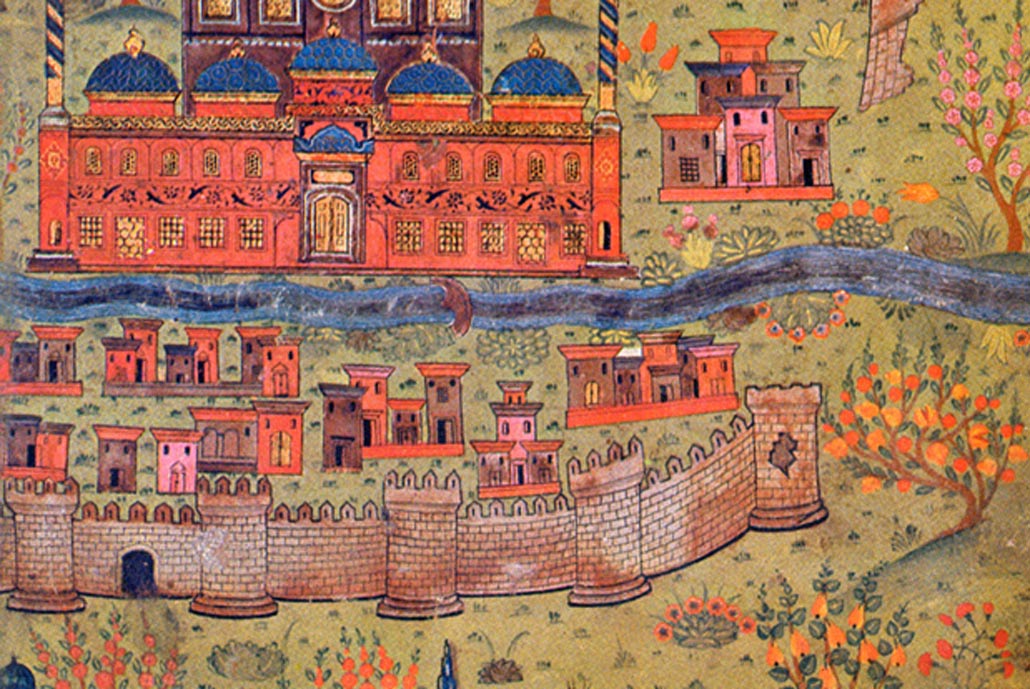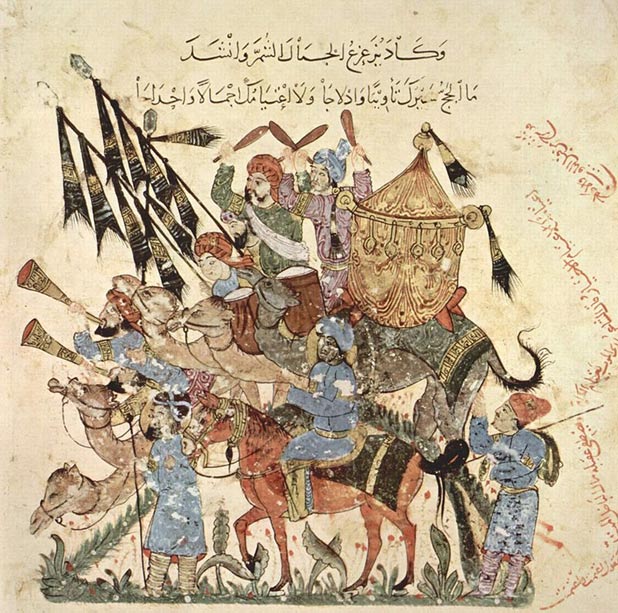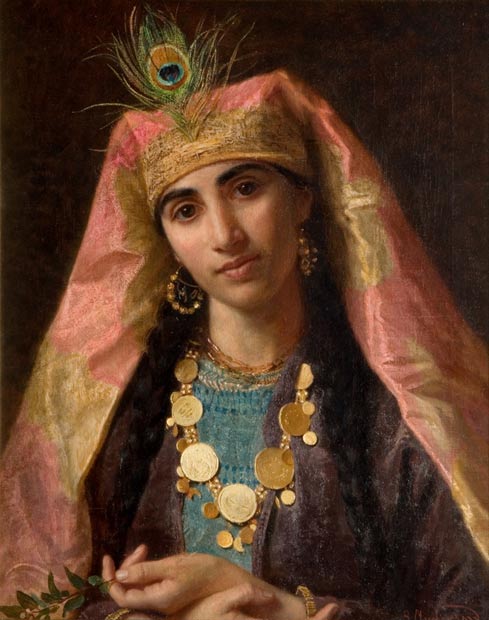
Atlantis of the Sands and The Lost City of Ubar: Lost, Found, and Lost Again
The myth of the Arabian ‘lost city of the desert’ can be traced to a book of bedtime stories dating from the early ninth century, which was largely responsible for the European romantic perception of Arabia as a place of harems, flying carpets, genies and miscellaneous magic of all kinds – the Arabian Nights.
One Thousand and One Nights
Also known as The One Thousand and One Nights, the story of the book itself is almost as much of a tale of mystery as the stories it includes. The earliest version is thought to have been based on folk tales from India and Persia and was probably written in the ninth century in Syria. Over time it grew, perhaps in an attempt to bulk up the text to reach the number of tales promised in the title, with stories added in the ninth and tenth centuries from Iraq, including many about the Caliph Harun al-Rashid, the fifth Caliph who lived in Baghdad in the late eighth century.

During the reign of the Harun al-Rashid, the city of Baghdad began to flourish as a center of knowledge, culture and trade. 1236-1237 AD. (Public Domain)
In the 13th century more were added from Egypt and Syria.
In 1704 it made its first appearance in Europe when it was translated into French, and at that time even more tales were added including some of the best-known ones such as Aladdin’s Lamp, Ali Baba and the Forty Thieves, and the Voyages of Sindbad the Sailor. The stories proved so popular that it was translated to English two years later and has been in print ever since.
Clever Scheherazade
The basic premise is well known: A Persian king Shahyrar discovers that his wife has been unfaithful and has her executed. He then marries a succession of virgins, but because of his anger over his first wife’s infidelity he has each one executed in the morning before she has a chance to dishonor him. Eventually he marries Scheherazade, who on the night of their marriage begins to tell him a tale, but does not finish it. In the morning, curious to know how the tale ends, Shahyrar spares her life in order that she can finish the story that night. Scheherazade finishes the tale…but then begins another.

Queen Scheherazade (Public Domain)
Thus starts a series of nightly stories, every one of them ending on a cliffhanger, a sort of medieval forerunner of the weekly TV series. Eventually after a thousand and one nights, the king spares her life and they live happily ever after.





